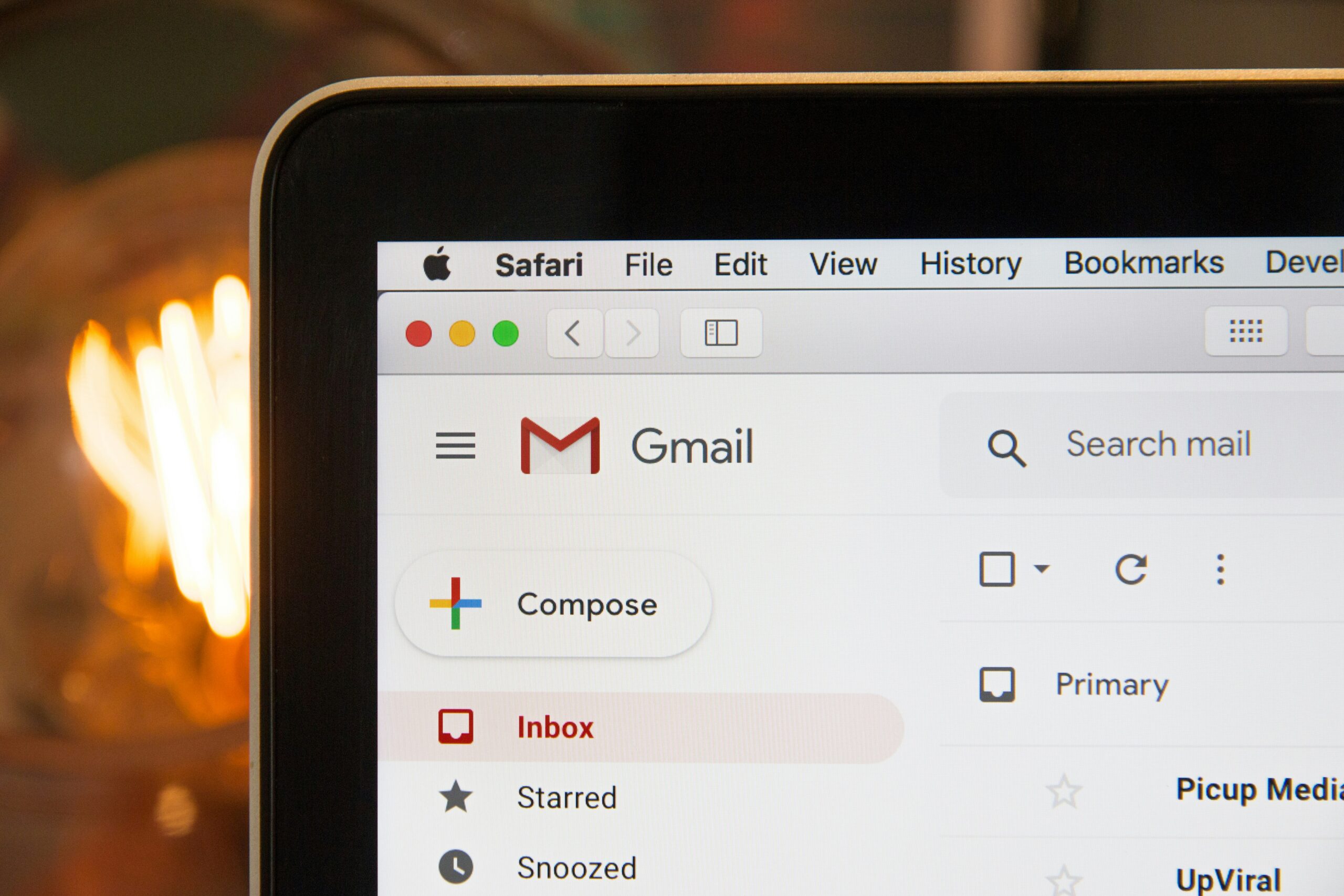
Leaked Emails That End Careers: Lessons from PR Disasters
What You Say in Private Will Cost You in Public.
One leaked email. One screenshot. That’s all it takes to end a career and send a company into crisis mode.
In today’s hyper-connected workplace, nothing is truly private. Every message—whether it’s an email, a Slack chat, or a quick note—can be captured and shared in seconds.
Think it can’t happen to your team? Think again.
Here’s what some of the most infamous leaks can teach every professional and organization:
Sony Pictures: Emails That Cost a CEO Her Job
In 2014, hackers exposed thousands of Sony’s internal emails, revealing offensive jokes and racially charged comments from top executives. The result:
The backlash was immediate.
Partnerships dissolved.
Co-chair Amy Pascal resigned.
Lesson: Leadership isn’t just public statements. It’s the words you use behind closed doors. Those words define your culture.
Miss America: Fat-Shaming and Ableist “Jokes”
Leaked emails showed former CEO Sam Haskell mocking contestants and disabilities. The result:
The outrage was national.
Resignations followed.
Haskell stepped down.
Lesson: Misogyny, ableism, and offensive “humor” aren’t private matters—they are not humor and they’re public failures waiting to happen.
Uber: Toxic Threads That Shattered Leadership
Leaked internal messages exposed a culture of harassment denial, driver disrespect, and aggressive leadership. The result:
CEO Travis Kalanick resigned.
Uber faced a cultural reckoning.
Lesson: Culture always leaks through communication.
The Common Thread?
These weren’t fake hacks or misunderstandings. These were the leaders’ real words. And in the digital age, every word reflects your leadership—and your culture.
How to Protect Your Career—and Your Company:
Write like it will be forwarded.
If you wouldn’t say it in a room full of people, don’t type it.Train on tone, bias, and emotional intelligence.
Casual to you could be offensive to someone else. Teach leaders to communicate with care.Build accountability into your culture.
Your internal messages should reflect your external values.Use safeguards.
Real-time tools can flag risky language before it’s sent. This isn’t censorship—it’s protection.
Emails don’t ruin careers. People do.
The email is just the evidence. The real issue is what people feel safe saying—and what that reveals about your culture.
When something slips, the cost isn’t just a headline. It’s trust, reputation, and leadership credibility.
Fiksal helps teams catch risky language before it becomes public.
Our system flags tone, bias, and messaging risks in real time—so leaders can communicate with clarity and confidence.
🔗 See how Fiksal works → Click here
